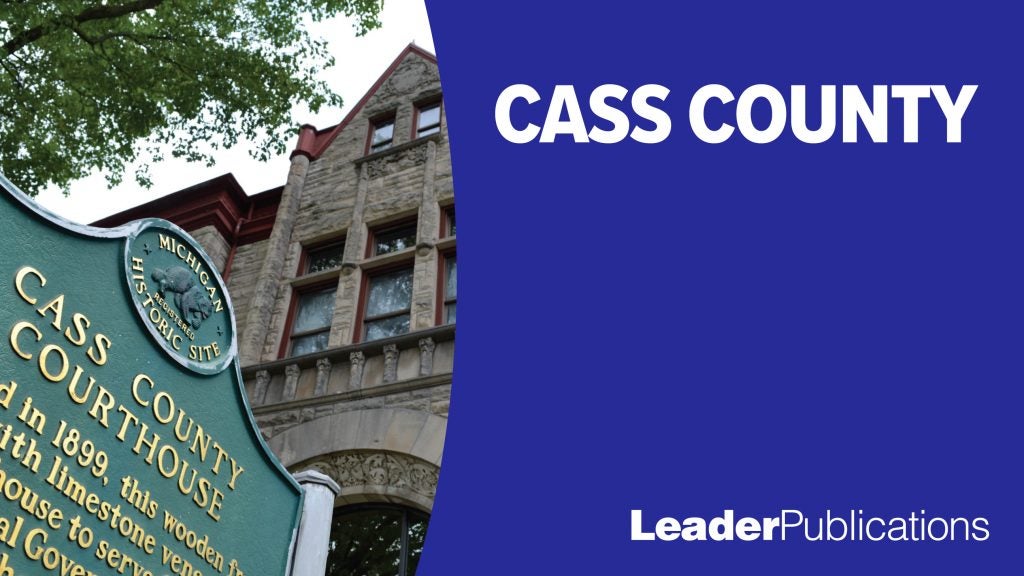$459,485 in state grants awarded to Cass County Problem-Solving/Treatment Courts
Published 12:25 pm Thursday, October 8, 2020
|
Getting your Trinity Audio player ready...
|
SUBMITTED — Chief Judge Susan L. Dobrich recently announced that the Cass County Problem-Solving/Treatment Courts have received $439,485 in the following grant awards from the State Court Administrative Office for the grant period of Oct. 1 through Sept. 30, 2021.
The following grants were awarded.
- $73,000 for the Family Treatment Court (Michigan Drug Court Grant Program grant)
- $170,000 for the Swift and Sure Sanctions Probation Program (SSSPP grant)
- $110,000 for the Hybrid DWI/Drug Court (Byrne JAG)
- $86,485 for the Cass County Mental Health Court (CMHC)
Problem-Solving/Treatment Courts are judicial programs that utilize a therapeutic jurisprudence model. These Courts treat the underlying source contributing to court involvement. Participants are held accountable through intensive supervision, frequent judicial status review hearings, random and frequent drug testing, and a variety of incentives and sanctions. A holistic and team approach is taken that includes judges, prosecutors, program coordinators, probation officers, case managers, law enforcement, defense counsel and treatment providers, according to Chief Judge Susan L. Dobrich, who created Cass County’s Family Treatment Court and oversees all of Cass County’s Problem-Solving/Treatment Courts.
“Treatment Courts offer solutions to jail overcrowding and are effective in reducing drug and alcohol related crime while also creating stronger and safer communities, more productive and engaged citizens, and children being raised in healthier families,” she said. “Problem-Solving Courts treat addiction as a complex disease and provide a comprehensive, sustained continuum of therapeutic interventions, treatment, and other services to increase a participant’s periods of abstinence, hold participant’s accountable, reduce the rate of relapse and future court involvement, and keep our communities safer. The State Court Administrative Office very carefully reviews the results of treatment court programs to make sure that best practices are employed and that courts maintain high standards. Judges enforce strict rules of participation that exceed the minimum supervision and oversight of standard probation. Compliance with frequent drug testing, monitoring contacts, and treatment attendance and engagement are necessary to be successful in the program and to achieve recovery. Despite the hard work of Problem-Solving Court teams and the proven rigid structure of these treatment models, not all participants are able to achieve recovery.”







